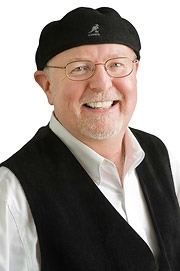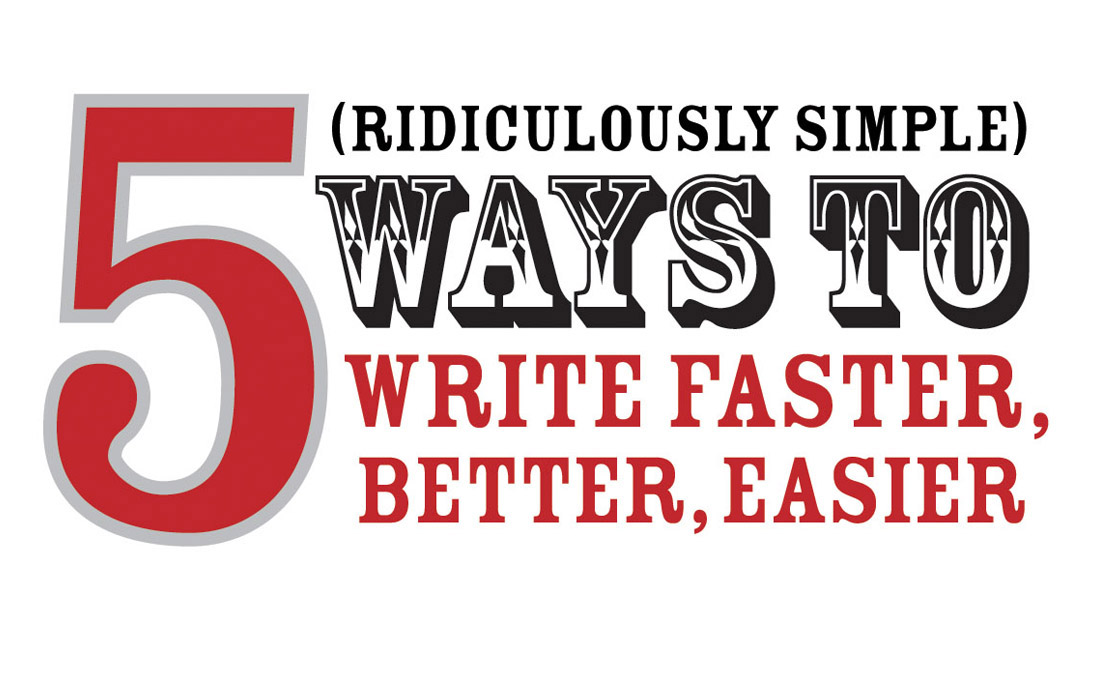Are You a Genius or Do You Have a Genius?
 Wednesday, April 1, 2009 at 06:53PM
Wednesday, April 1, 2009 at 06:53PM Being a genius vs. having a genius.
We can think of ourselves as being a genius or can we re-frame the creative process by thinking we have a genius.
What an incredible insight.
And that's the premise of "Eat, Pray, Love" author, Elizabeth Gilbert, in her TED presentation.
Elizabeth addresses two fascinating questions in this powerful, thought-provoking speech at TED:
1. As artists and creative people, "how do we create a safe distance between who we are and our anxiety about what the reaction will be to our next work"?
2. Are there models from other cultures on "how to help creative people manage the inherent emotional risks of creativity"?
Where did her search take her? To ancient Greece and ancient Rome where having a genius (and not being called a genius) was integrated into the artist's work.
My favorite part of her talk is about half-way through where she focuses on re-framing the creative process:
"And then the Renaissance came and everything changed and we had this Big Idea and the Big Idea was let's put the human being at the center of the universe, above God and all mysteries. There's no more room for like mystical creatures who take dictation from the divine. And it's the beginning of rational humanism, and people started believing creativity came completely from the self of the individual."
"And for the first time in history you start to hear people referring to this or that artist as being a genius rather than having a genius. And I gotta tell ya, I think that was a huge error. I think allowing somebody, like one mere person, to believe that he or she is like the vessel, the font, and the essence and the source of all divine, creative, unknowable, eternal mystery is just like a smidge too much responsibility to put on one, fragile human psyche. It's like asking somebody to swallow the sun. It just completely warps and distorts egos and it creates all these unmanageable expectations about performance. And I think the pressure of that has been killing off our artists for the last 500 years."
Elizabeth then leaves us with this important question:
Isn't there another way for us humans to relate to the creative mystery?
No matter what field you are in, stop everything. Take 20 minutes. Grab some tea. This is really inspiring and a "must watch" presentation.
What do you think?
---Tom




Reader Comments (2)
-Jonathan
http://www.p2w2.com
In phase with you (I also wrote a post on Elisabeth's talk too). This is definitely insightful... a must see.